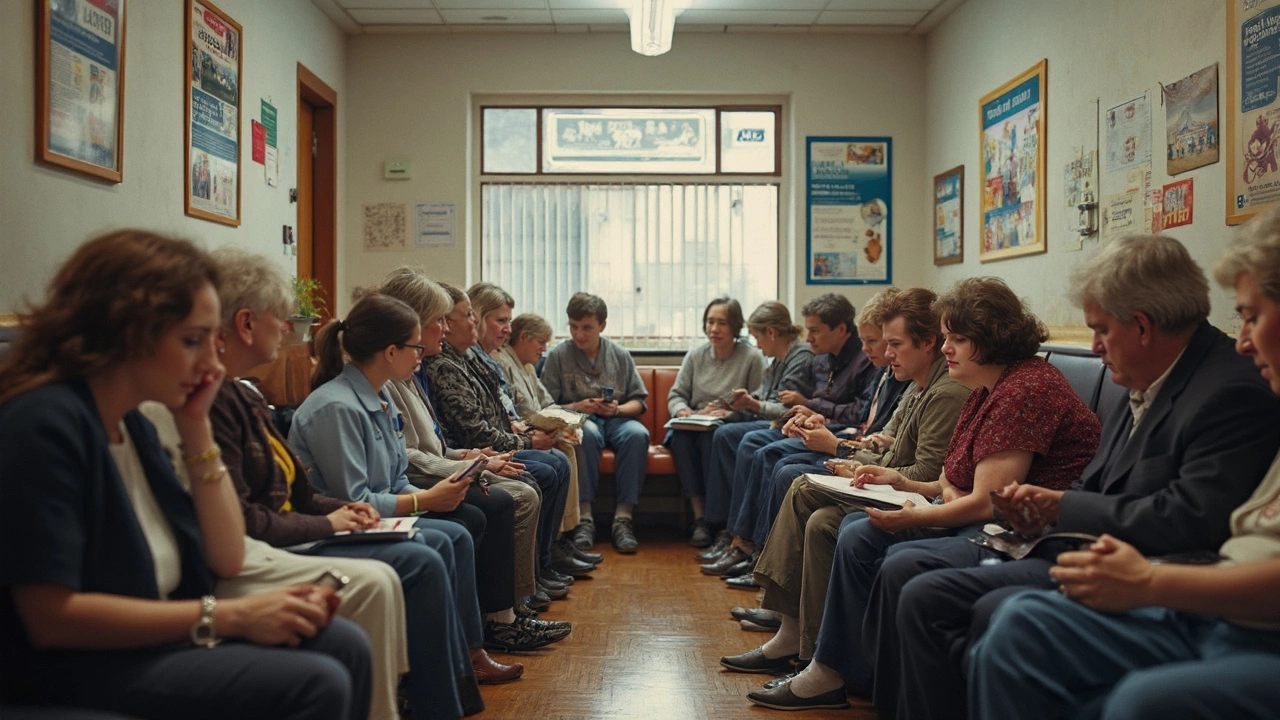Healthcare Delays: What’s slowing you down and what you can do
If you’ve ever booked a GP appointment only to wait weeks for a slot, you know the pain of healthcare delays. They’re not just annoying – they can make a condition worse or add stress to your life. In the UK the NHS is the biggest culprit, but private clinics, insurance rules, and even tourist status can add extra wait time.
Why the system stalls
First, demand outstrips supply. More people need care than there are doctors, nurses, and beds. Second, funding gaps mean fewer slots for routine checks, so you get pushed onto a longer list. Third, bureaucracy – paperwork, referrals, and eligibility checks – adds days or months before any treatment starts. Articles like “Private Healthcare Disadvantages” and “Will the NHS Accept Private Medical Diagnosis?” show how the public‑private split can create hidden roadblocks.
Quick ways to speed up your care
1. Use NHS 111 or online triage. They can direct you to urgent clinics that don’t need a GP referral. 2. Ask your GP for a self‑referral to physiotherapy or mental‑health services – many are now open without a specialist’s note. 3. Look into private “fast‑track” options for scans or blood work; they often cost more but cut weeks off the wait. 4. If you’re a tourist, the article “Can Tourists Access Medical Treatment in the UK?” explains how the NHS can provide emergency care, but you’ll need to budget for private follow‑ups.
Another useful tip is to check your eligibility for Medicaid‑style programmes or NHS Low‑Income schemes. The guide “Can’t Afford Healthcare in America?” may be US‑focused, but the principle of seeking charity clinics and sliding‑scale fees applies in the UK too. Local charities sometimes run free dental or eye‑check clinics, and they can be a lifeline when the NHS queue is too long.
Don’t forget to keep your medical records organized. When you finally get a slot, having all test results ready can prevent extra appointments just to repeat old tests. A simple spreadsheet or a phone app can track dates, doctors, and any pending results.
If your condition is non‑urgent but bothersome, consider telehealth services. Many GP practices now offer video calls that can be booked within a few days, and you can get prescriptions or referrals without the in‑person wait.
Finally, stay proactive. Call the practice if you haven’t heard back in a week, and politely ask if there’s a cancellation list you can join. A quick “I’m flexible, can I take an earlier slot?” can sometimes land you a sooner appointment.
Healthcare delays are frustrating, but they’re not unbeatable. By using urgent phone lines, exploring private fast‑track options, keeping records sharp, and checking eligibility for assistance, you can shave weeks off the waiting game and get the care you need faster.
Does the NHS Have a Waiting List? Breaking Down the Wait Times Puzzle
Navigating NHS waiting lists can feel daunting for many in the UK. As the demand for healthcare services grows, wait times have become a hot topic, sparking frustration and debates. Understanding how these lists work, why delays happen, and what patients can do is crucial. This article digs into the reasons behind the backlog and offers some tips on managing those inevitable waits better.
Read More
